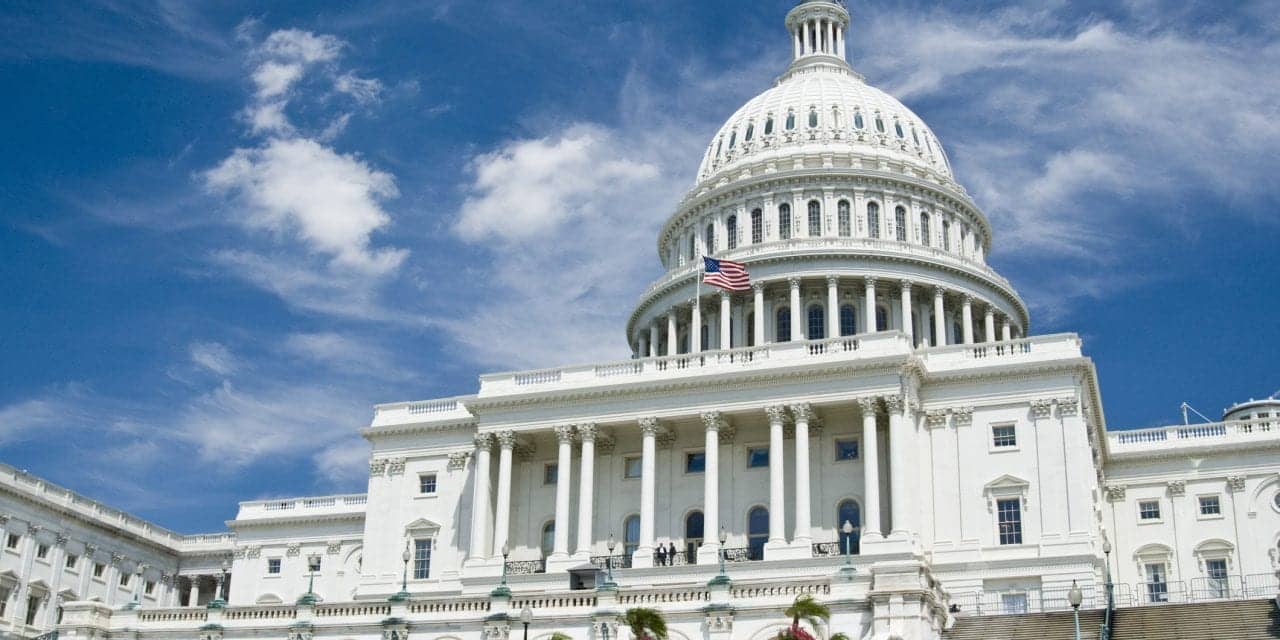Staff Standpoint | October 2021 Hearing Review
By Karl Strom, editor
We’ve been expecting the US Food and Drug Administation (FDA) to roll out their proposal for a new class of over-the-counter (OTC) hearing aids since August 2020—the OTC Hearing Aid Act’s statutory deadline that was obliterated by the Covid-19 pandemic—so it is with some trepidation that I predict we’ll actually see the FDA’s proposed OTC regulations within the next month or two. However, as the article by Joe Lugara in this issue points out (see p 28), it’s unlikely the final rules will be made law until late summer 2022.
Related article: Real World Evidence on Gain and Output Settings for Individuals with Mild-to-Moderate Hearing Loss, By Thomas J. Tedeschi, AuD, Christine Jones, AuD, and Elizabeth Stewart, AuD
Until then, we can only wonder how much the FDA will adopt from the recommendations made in the OTC Hearing Aid Consensus Statement published by AAA, ADA, IHS, and ASHA in August 2018 (see Oct 2018 HR, pgs 8-9). This rare consensus paper by all four national hearing care organizations recommended OTC devices be intended only for mild-to-moderate hearing losses of 26-55 dB HL (26 max HFA-FOG/110 dB max output), offer input compression and volume controls, and contain easy-to-understand labeling, including the red flag warnings, a User Instructional Brochure, and an advisement to consult with a licensed professional. The consensus statement also endorsed at least one FDA 510(k) filing to ensure basic safety and efficacy of the devices, and strong consumer protections in the form of return and refund policies.
Hearing aids as part of Medicare? At the same time, Congress is now considering adding hearing, dental, and vision care to Medicare. The original Medicare Act of 1965 specifically excluded hearing aids and related services from its provisions. As reported by HR online in July, a legislative package to include expanded Medicare hearing, vision, and dental services is currently being drafted by key congressional committees for potential consideration in the $3.5 trillion Infrastructure bill (or probably a scaled-down version). Similar to what was proposed in HR 4618 during the previous 116th Congress, the new provisions would expand Medicare coverage to include hearing aids and hearing rehabilitation services for people with severe to profound hearing loss, with many of the specific limitations now being haggled over. HR 4618 provided coverage for hearing aids every 5 years and classified hearing aids as prosthetic devices, exempt from competitive bidding when provided by a physician or the practitioner’s patient.
Many parts of the Infrastructure Bill will doubtlessly be slashed, and at this writing (mid-September) it is certain to go through countless permutations in reconciliation between committees of the House and Senate before being voted on (as a whole or in parts). As with all issues in US government, money rules supreme. The Congressional Budget Office (CBO) scores costs for anything Congress is considering, and it had reportedly affixed a 10-year price tag of $30 billion for vision, $89 billion for hearing, and $238 billion for dental care for the previous HR 4618 bill (there are roll-out details I won’t go into, but $350 billion is the CBO ballpark estimate).
Two major hearing-related issues associated with the bill include the ability for consumers to “top up” the cost of a hearing aid from the amount funded by Medicare so they can obtain the best hearing solution for their individual needs, as well as the inclusion of hearing aid specialists in Medicare-covered services for better access. The audiology organizations are also working to ensure the provisions of the Medicare Audiologist Access and Services Act (HR 1587/S 1731), or MAASA, are included in any proposal. Key to MAASA is classification of audiologists as “practitioners,” and the elimination for Medicare beneficiaries to obtain a physician order for coverage when seeking care from an audiologist.
Related article: Medicare Payments for Hearing Care Procedures: A 14-year Review, by Ian Windmill, PhD, and Barry Freeman, PhD
With virtually no wiggle room in a 50/50-split (Republican/Democrat) Senate and a looming September 27 deadline for moving the infrastructure bill forward—and the costs involved—the prospects for extending Medicare provisions to hearing aid services for people with severe to profound hearing loss seem a bit dim at this writing. But one thing is certain: Should the provisions die in this Congress, they will be resurrected in later ones. —Karl Strom, editor
Update: Soon after the October HR issue went to press, the US Senate passed a $1 trillion infrastructure bill that did not include Medicare expansion for hearing, vision, or dental care. However, as noted above, it is still possible that these provisions could be included in another part of the reconciliation or be passed as a separate bill.
About the author: Karl Strom is editor of The Hearing Review and has been reporting on hearing healthcare issues for over 25 years.






